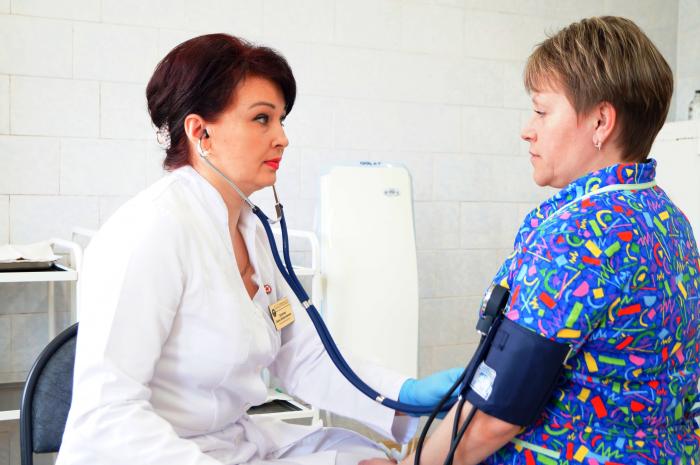The European Forum of National Nursing and Midwifery Associations (EFNNMA) is the voice of nursing and midwifery within WHO European Region.Working in partnership and strategically with WHO and other key stakeholders we aim to influence health policy, improve the quality of health services and the health of people across the 53 Member States of the Region. We are passionate advocates of the central and unique contribution that Nurses and Midwives make to individual and population health and well-being across Europe and are committed to ensuring both professions are supported to deliver excellence in their practice. As the nature of care changes we believe that strengthening and developing the nursing and midwifery workforce through the provision of lifelong learning and research delivers excellence in public health and people-centered healthcare.
Nurses and Midwives are leading the way towards UHC

WHO/Europe and EFNNMA are planning a social campaign on the occasion of the International day of the midwife (5 May) and International Nurses Day (12 May), 2018. The campaign will run for 8 days from 5-12 May, during which WHO and EFNNMA will publish stories from midwives and nurses, accompanied by their photo, via the WHO/Europe social media channels and EFNNMA web site.
EFNNMA members are invited to collect and submit short stories and pictures reflecting how the roles of midwives and nurses develop and change to meet population needs.
The guidelines for stories:
• The story should be maximum 200 words and be titled, have an information about the heroes – names, positions, settings, countries are to be stated;
• Stories can cover midwives and nurses working with:
o Populations across the lifecourse (e.g. maternal and child health, addiction, suicide among teenagers, dementia, palliative care)
o Migrants and refugees
o Homeless individuals
o Underserved communities in rural and remote areas (e.g. using telemedicine)
The guidelines for pictures are:
• The photos should be larger than 3mb in jpg format for them to be clearly visible on our website
• If you take an action photo please make it look as natural as possible and avoid people looking directly into the camera
• Close ups are better than photos taken from a distance
• Consent forms must be signed for each person in the photo (Please, send a request for a consent form)
Deadlines and contacts:
EFNNMA will collect the stories, photos and the signed forms till 17th of April, 2018, please, send the information to Natalia Serebrennikova at RNA@medsestre.ru
Health care for homeless adults - example from the United Kingdom
What: A social enterprise to deliver primary health care services to homeless and other socially excluded people
Who: Jane Gray – Consultant Nurse
Approach: Prevention
Location: Inclusion Healthcare Social Enterprise Community Interest Company, Leicestershire and Rutland, England
Speciality: Learning disability and offender health
What initiative or project?
The enterprise works in partnership with both health and non-health agencies to improve patient pathways for homeless people who become ill, avoiding unnecessary hospital admissions for this group of patients.
Since 2010, the team has delivered a complete range of primary health care services to adults with moderate and severe learning disabilities, including health education, promotion and screening.
Inclusion Healthcare is a social enterprise jointly run by a nurse and a doctor.
What prompted the work?
The team has identified that homeless people with learning disabilities may die from manageable long-term conditions.
What are the long-term objectives?
The aim is to improve health outcomes for this group of patients by ensuring timely interventions and proactive care.
Campaign on the occasion of the International day of the midwife (5 May) and International Nurses Day (12 May), 2017

“Real nurse leaders go through the school of work and life; they don’t lose their humanity in the storm of work experience to become stronger professionals”.
Irina Trukhacheva, Head nurse in the otorhinolaryngology unit of Nerjungri central district hospital, Yakutia Republic, Russia
Irina Trukhacheva, Head nurse in the otorhinolaryngology unit of Nerjungri central district hospital, Yakutia Republic, Russia





